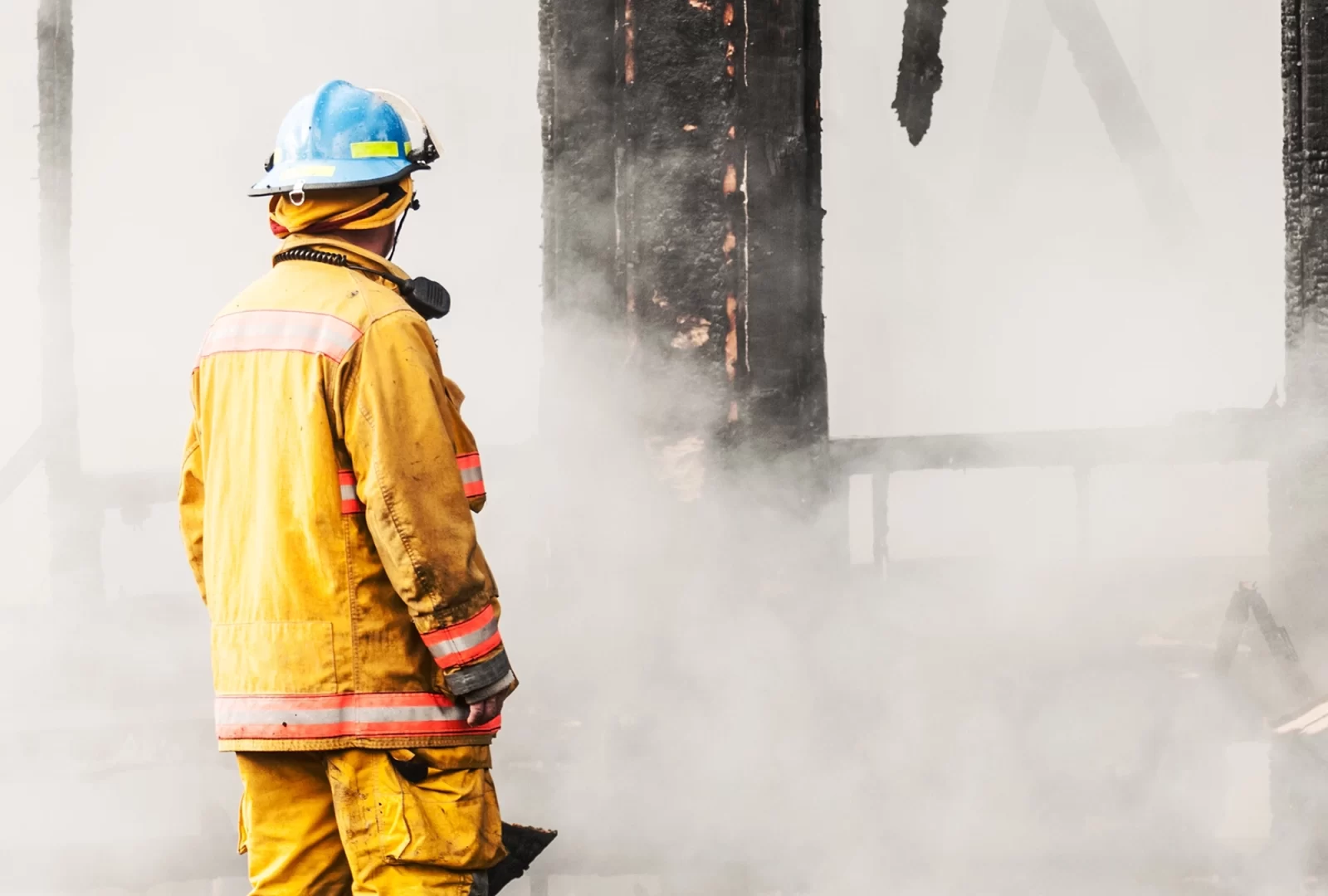A house fire is one of the scariest and most damaging things that can happen to your home. Fires can break out unexpectedly and spread fast, causing major damage to people, personal items, and the property itself. If you live in a rental home, you might wonder who will pay for the damage after a fire—especially if you lose your personal belongings or the rental property is damaged.
The good news is that if you have renters insurance, it can help you recover after a fire. Selling Fire-Damaged Homes in Houston: Trends is something renters may not think about, but understanding the market can be helpful if the property owner decides to sell. This kind of insurance often pays to replace your belongings and may also help pay for damage you accidentally cause to the rental home or other people’s property.
When the Fire Is Your Fault
Imagine you accidentally start a fire while cooking in your apartment. The fire damages your furniture, clothes, and electronics—and it also damages the kitchen and nearby walls. In this situation, you may be considered responsible for the fire.
Because you started the fire, you might be responsible for covering the cost of damage to both your belongings and the rental property. This is where renters insurance helps. Most renters insurance policies include:
- Personal property coverage, helps you replace belongings that have been damaged.
- Liability coverage, which helps pay for damage you cause to the building or others’ property.
Liability coverage may even help if the fire spreads to another apartment or damages a neighbour’s belongings. Because of this, many landlords require tenants to have renters insurance, especially the liability part.
When the Fire is Not Your Fault
Now, imagine a different situation. Maybe the fire started because of bad wiring your landlord failed to repair. If the fire happened due to the landlord’s negligence, they may be responsible for paying for your damaged belongings. In this case, your landlord’s insurance—usually a landlord liability policy—may cover the damage.
It’s not always easy to find out who is at fault for a fire. Sometimes, no one is to blame—like if lightning strikes the house and starts a fire. In those cases, each person should rely on their insurance policy. You would use your renters insurance to replace your things, and your landlord would use their insurance to repair the building.
What Renters Insurance Does Not Cover
Renters insurance only protects your personal belongings. It does not cover the actual building—that is the landlord’s responsibility. Since renters don’t own the property, their insurance policies don’t pay for structural damage unless they cause it.
This is one reason why renters insurance is usually cheaper than homeowners insurance. Homeowners must cover the building and everything inside, but renters just cover their possessions and liability.
Having renters insurance gives you peace of mind. In the event of a fire, you’ll have support to recover faster—whether the fire was your fault or not.





